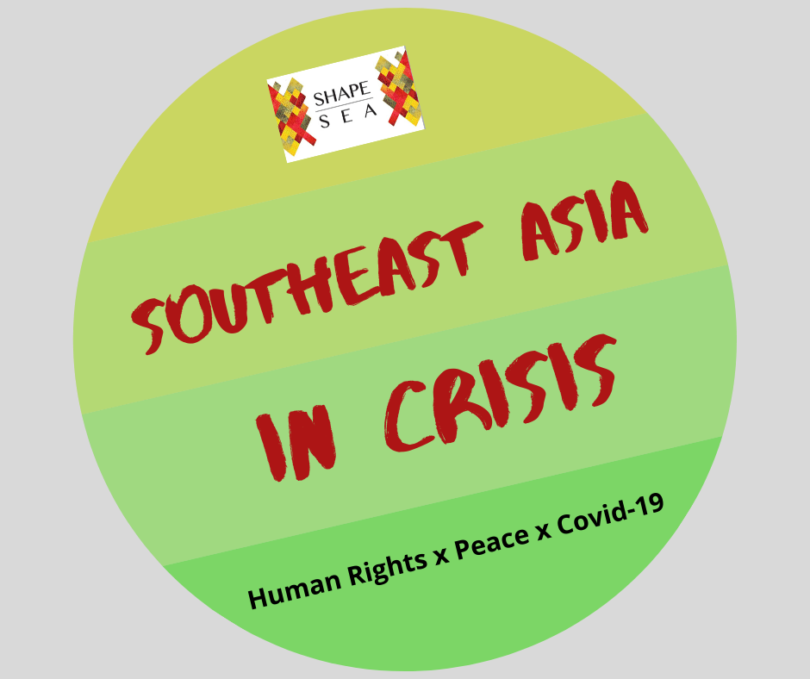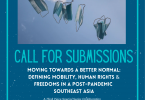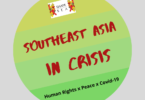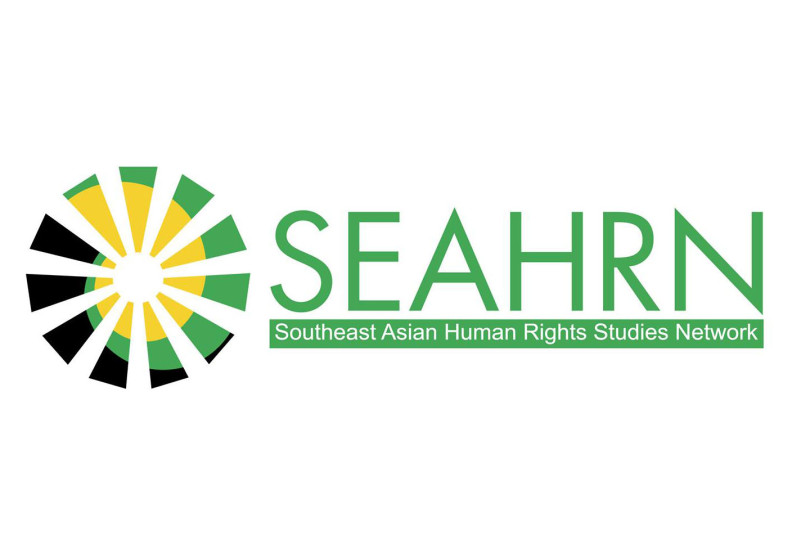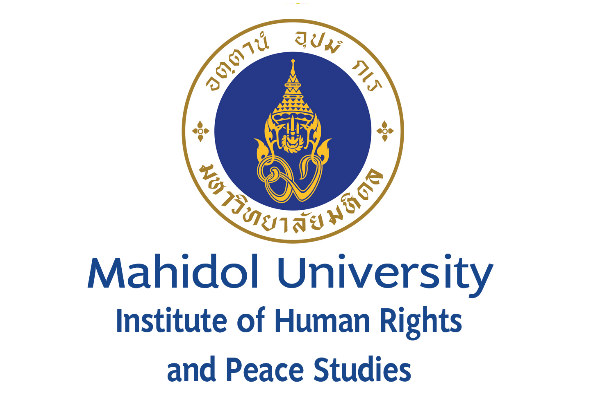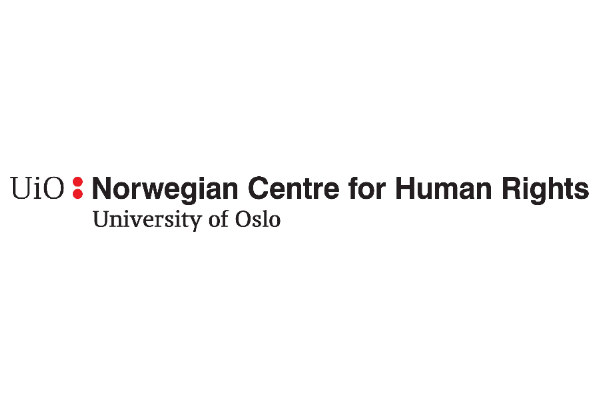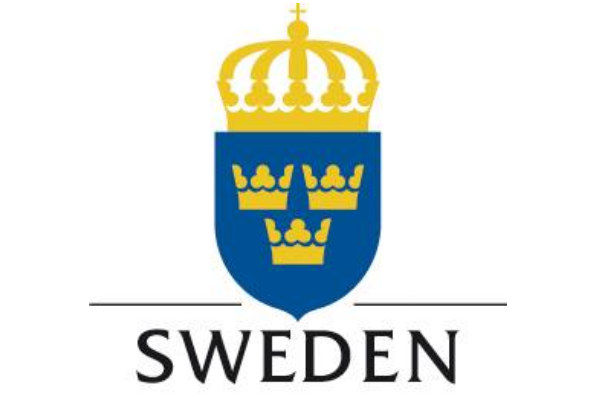Saw Lin Htet
Student, Asia Pacific MA Human Rights and Democratisation
Global Campus of Human Rights Asia Pacific
Institute of Human Rights and Peace Studies, Mahidol University
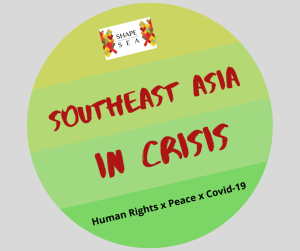 Despite the aim of Myanmar National Human Rights Commission Law 2014 (Article 3 (b)) to create a society where human rights are respected and protected under the Universal Declaration of Human Rights (UDHR), the Myanmar Government still refuses to fully abide by its mandate. By this refusal, it overtly disrespects the right to life, liberty, and security of a person that is universally acknowledged according to Articles 3 and 5 (protection from torture, or cruel, inhuman, or degrading treatment or punishment) of the UDHR (OHCHR, 2020). Ironically, Articles 353 and 367 of the Myanmar Constitution 2008 claim to guarantee the life, personal freedom, and security of every citizen.
Despite the aim of Myanmar National Human Rights Commission Law 2014 (Article 3 (b)) to create a society where human rights are respected and protected under the Universal Declaration of Human Rights (UDHR), the Myanmar Government still refuses to fully abide by its mandate. By this refusal, it overtly disrespects the right to life, liberty, and security of a person that is universally acknowledged according to Articles 3 and 5 (protection from torture, or cruel, inhuman, or degrading treatment or punishment) of the UDHR (OHCHR, 2020). Ironically, Articles 353 and 367 of the Myanmar Constitution 2008 claim to guarantee the life, personal freedom, and security of every citizen.
As of this writing, Myanmar has registered 180 confirmed Covid-19 cases, 6 deaths, and 3,983 cases currently under investigation. Furthermore, within only ten days from 2 May to 11 May, 44 people were killed and 78 severely wounded in Rakhine and Chin states because of the armed conflicts with the Myanmar Army. As a result of the conflicts, more than 150,000 people were displaced in Rakhine and Chin states alone.
Since 2012, about 20 ethnic armed groups fighting for equality and self-determination have been in peace talks with the Government, and half of them had signed the Nationwide Ceasefire Agreement for political dialogue. Although the Arakan Army has negotiated with the Government, no talk has taken place between the parties since February 2020. The Arakan Army declared a month-long ceasefire in April along with two other ethnic minority forces, but the Myanmar military and the Government rejected the ceasefire (BBC, 2020 and Bangkok Post, 2020).
On the contrary, on 23 March 2020, the Myanmar government declared the United League of Arakan (ULA) and its armed wing, the Arakan Army (AA), as a terrorist group and unlawful association. To follow through, during March and April, the Army launched attacks to kill at least 23 civilians in Western Myanmar.
Concerned with the worsening situation, on 23 March, the UN Secretary-General called for a global ceasefire to combat Covid-19 because the Burma Army attacks all regardless of the nationality or ethnicity or differences of the targets (UN, 2020). On the same day, the Myanmar government officially registered its first Covid-19 case. On 26 March, the Karen National Union (KNU) welcomed the UN Secretary-General’s call for a global ceasefire to eradicate the virus. KNU also urged the Government of Myanmar to work in coordination and cooperation with KNU’s Department of Health and Welfare to respect Article 25 of the Nationwide Ceasefire Agreement (NCA).
Naw Hser Hser, General Secretary of Women’s League of Burma, said ironically, “When people are combating the Covid-19 pandemic, the Myanmar Army is escalating its attacks against the ethnic armed groups in Rakhine, Chin, Karen, and Northern Shan State.” To make matters worse, on 20 April, some gunmen attacked a World Health Organization (WHO) vehicle transporting Covid-19 surveillance samples in Rakhine State, Myanmar, killing the driver and injuring a government official. Although both the Myanmar (Burma) Military and the Arakan Army are active in this area, both denied involvement in the attack (BBC, 2020). The UN Secretary-General strongly condemned the attack and called for a full and transparent investigation to bring the perpetrators to justice (UN, 2020).
Although the conflicts have displaced more than 150,000 civilians and killed and injured more than a hundred, the Myanmar State Counsellor still pays tribute to the Tatmadaw troops fighting ethnic groups in Rakhine and Chin states. The Myanmar military continues to target civilians, including five Rakhine civilians from Ponnagyun in Rakhine State who were beaten and tortured by the Myanmar Naval personnel on 7 May. The Myanmar Military might have committed war crimes and crimes against humanity in Rakhine and Chin states, said the departing UN Human Rights Envoy for Myanmar (Bangkok Post, 2020).
To mitigate this worsening situation in Myanmar, the Government and Military should issue a nationwide unilateral ceasefire and focus on combating the Covid-19 pandemic. A member of the government Peace Commission confirmed that the Arakan Army was invited to join the campaign against the Covid-19 contagion, according to the Myanmar Times on 9 May. In a discriminatory manner, on 9 May the Myanmar Military declared a ceasefire from 10 May to 31 August but excluded ethnic groups in Rakhine State announced as terrorists. Betraying this ceasefire’s spirit, in Southeast Myanmar, the Burmese Army forcibly closed the Covid-19 screening post set up by KNU’s Health Department in Doothathoo (Thaton) District, which is controlled by the Myanmar Army and KNU. Similarly, on 17 April the Myanmar Army forcibly closed a COVID-19 screening post in Karen State earlier. On 6 May, the Myanmar Army burned a KNU Covid-19 screening post in Mutraw District in Karen State and launched an armed attack on the same day.
Currently, the UN Security Council is planning to discuss the violence and Covid-19 in Myanmar through diplomatic sources. Eventually, the Myanmar Military admitted that the Burmese Army personnel beat some villagers and detainees. The right to life, liberty, and security are under immediate threat and the Government is involved. On the one hand, the Myanmar National Human Rights Commission should take action according to its mandate. Although they face limitations during the Covid-19 pandemic, the UN, Joint Ceasefire Monitoring Committee (JMC), Civil Societies, and media must raise human rights issues louder to promote the right to life, liberty, and security of every person in Myanmar. The Government should recognize the ethnic health organizations’ role to combat the Covid-19 contagion and should stop military attacks to respect the “no one left behind” policy.
References:
Bangkok Post, 2020. Myanmar Military May be committing new war crimes: envoy. [Online] on 29 April. Available at: < https://www.bangkokpost.com/world/1909992/myanmar-military-may-be-committing-new-war-crimes-envoy> [Accessed 12 May 2020].
BBC, 2020. Coronavirus: WHO worker killed in Myanmar collecting samples. [Online News] 21 April. Available at: https://www.bbc.com/news/world-asia-52366811 [Accessed 10 May 2020].
OHCHR, 2020. Universal Declaration of Human Rights. [Pdf] Available at: < https://www.ohchr.org/en/udhr/documents/udhr_translations/eng.pdf> [Accessed 13 May 2020].
UN, 2020. Covid-19: UN chief calls for global ceasefire to focus on ‘the true fight of our lives.’ [Online] 23 March. Available at: https://news.un.org/en/story/2020/03/1059972 [Accessed 11 May 2020].


